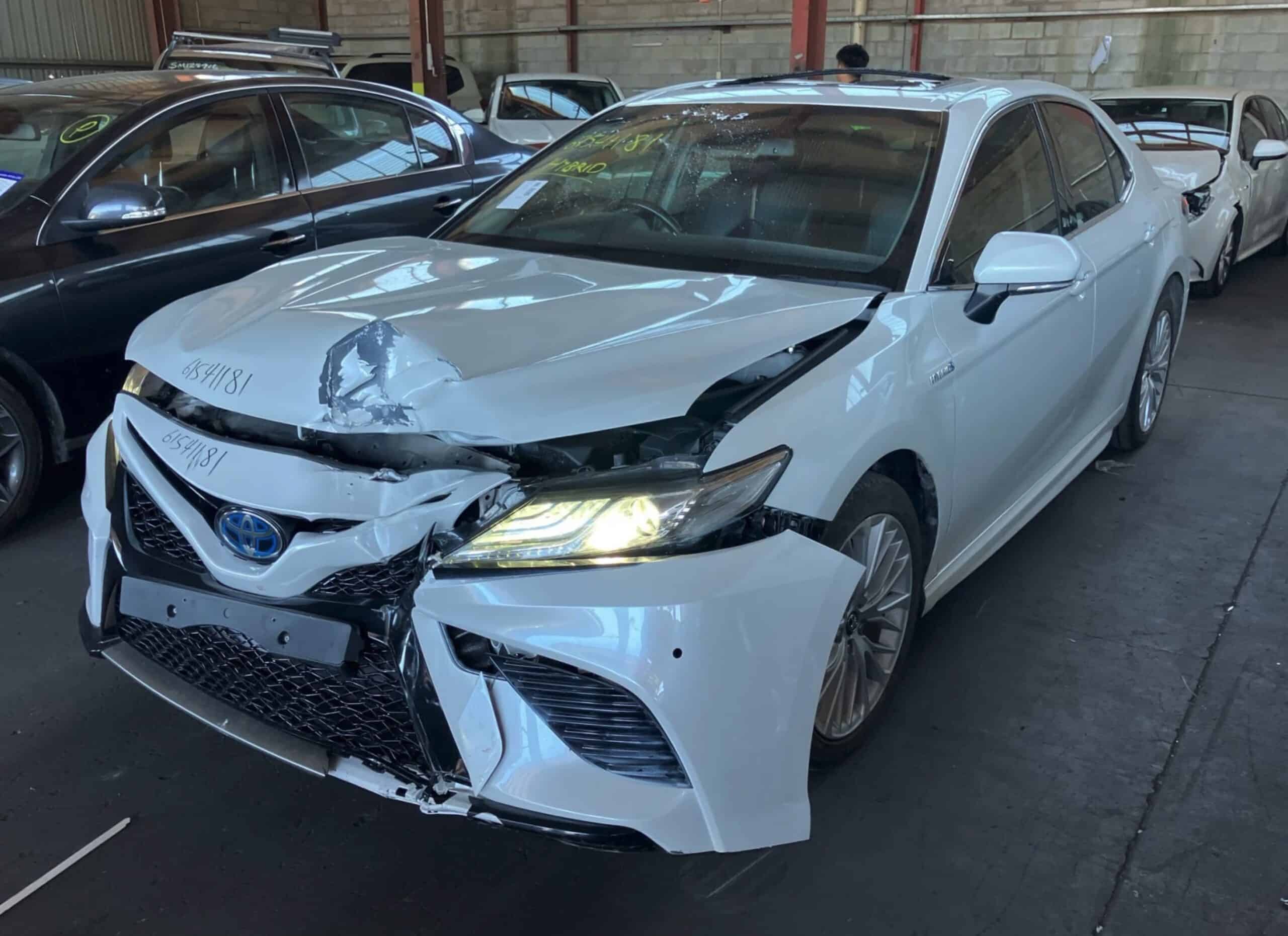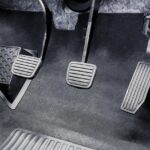

Should you buy a repairable write-off?
Thinking about buying a car with a “repairable write-off” history? Hold on to your wallet! This isn’t a straightforward decision. Let’s explore the pros and cons to help you figure out this potentially risky, but sometimes rewarding, path.
What is a Repairable Write-Off?
Imagine a car that’s been in an accident or suffered storm damage. Repairs might cost more than the car’s actual value. In that case, insurance companies might declare it a “total loss.” But wait! Sometimes, these cars can be repaired and driven again. These are repairable write-offs, listed on a national register called the Written Off Vehicles Register (WOVR).
What is the WOVR?
The WOVR provides a clear history, unlike some unlisted, potentially damaged vehicles you might find at salvage auctions. So, the WOVR is actually a good thing! But remember, not all write-offs involve major accidents. Some might be due to hail or other repairable issues.
Why a PPSR Check?
While the WOVR is a good starting point, a PPSR (Personal Property Securities Register) check is crucial for a complete picture. In fact, a PPSR check essentially includes a search of the WOVR. This $2 check reveals a car’s entire history, including unreported damage. This is vital, especially for cars not listed on the WOVR.
Examining the Repairs
Let’s say you find a repairable write-off with a WOVR listing and a clean PPSR report. Great! But the key is the repair work itself. Ask for detailed documentation on the damage and repairs. This will help assess the quality and extent of the work done.
Beware of Hidden Dangers
Some repairable write-offs, particularly those with flood damage, might have hidden electrical issues that emerge later. Be extra cautious with these. Also, watch out for terms like “heavy structural” or “heavy panel” damage in the PPSR report. These are red flags.
Buyer Beware
Securing a loan for a repairable write-off can be tough. Many lenders simply won’t touch them. And selling one later? Expect similar difficulties.
The Bottom Line
Buying a repairable write-off is a gamble. You might score a great deal, but there are significant risks: hidden damage, resale nightmares, and financing roadblocks. Before diving in, do your research (free rego check + $2 PPSR check), carefully examine repair documents, and consider potential problems.
Remember, a well-informed decision is key! And hey, a little extra caution can save you a lot of money down the road.
Add a comment Cancel reply
Categories
- Car Advice (9)
- Car Repairs (2)
Recent Posts
About us

We went down the lane, by the body of the man in black, sodden now from the overnight hail, and broke into the woods..
Popular Tags
Related posts


How to tell if your car has a clutch problem

What no one tells you about buying a used car privately in Australia









